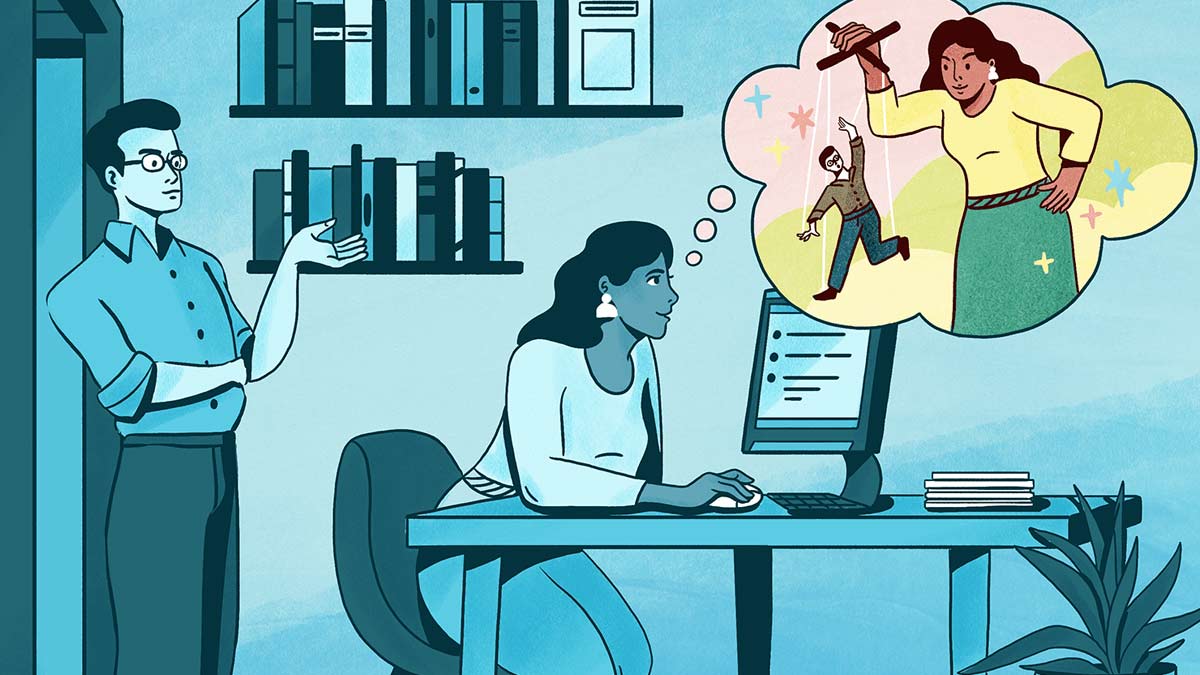
In February, a 20-year-old student named Liu, studying in Jiangsu province, China, captured headlines as he grappled with a debilitating condition that distorted his perception of reality. Liu's escalating belief that every woman in his university harbored romantic feelings for him led to bold and inappropriate displays of affection, despite clear indications of disinterest from his peers. Even as he faced negative responses, Liu remained steadfast in his conviction, attributing rejections to the supposed shyness of his admirers. His behaviour, coupled with erratic sleep patterns and reckless spending, prompted medical intervention. Doctors diagnosed Liu with erotomania, a form of delusional disorder marked by fixed beliefs of reciprocated love, particularly from individuals of higher social standing. This case underscores the profound impact of mental illness and the importance of timely diagnosis and treatment in restoring clarity and stability to affected individuals.
Table of Content:-

Understanding Erotomania
As per Dr Sanjay Kumavat, Consultant Psychiatrist and Sexologist, Fortis Hospital, Mulund, erotomania is a form of delusional disorder characterized by a fixed belief that someone is deeply in love with the individual, despite evidence to the contrary. This condition is recognized in the DSM-5 and can occur as a primary disorder or as a symptom of other mental health conditions, such as bipolar disorder, schizophrenia, or major depressive disorder.
Signs of Erotomania
Individuals living with erotomania may exhibit a range of emotional and behavioural signs. Emotionally, they may experience intense longing for the object of their delusion, feelings of loneliness and emptiness, and low self-esteem. They may also deny any expressions of rejection or disinterest from the other person, believing that their love is reciprocated.
Behaviorally, individuals with erotomania may engage in persistent efforts to contact the object of their delusion, including calling, writing, or messaging them repeatedly. They may also interpret benign actions or messages from the other person as secret declarations of love, leading to feelings of jealousy and suspicion.
Causes of Erotomania
The exact cause of erotomania is not well understood, but it is believed to be a complex interplay of genetic, psychological, and environmental factors. Some researchers suggest that it may be a coping mechanism for stress or trauma, while others point to social isolation or emotional abandonment as potential triggers.
Treatment Options
Fortunately, erotomania can be managed with appropriate treatment. Psychotherapy, particularly cognitive behavioural therapy (CBT), can help individuals develop insight into their delusions and learn coping strategies to manage them. Medications, such as antipsychotics or antidepressants, may also be prescribed to reduce the intensity of delusional thinking.
In severe cases where there is a risk of harm to self or others, hospitalization may be necessary to ensure the individual's safety and provide intensive treatment.
The Bottom Line
Living with erotomania can be challenging, but with the right support and treatment, individuals can learn to manage their symptoms and lead fulfilling lives. It is important for friends, family, and healthcare providers to recognize the signs of erotomania and seek help for those who may be affected. By raising awareness and understanding of this condition, we can help reduce the stigma associated with mental illness and ensure that everyone receives the care and support they need.
Also watch this video
How we keep this article up to date:
We work with experts and keep a close eye on the latest in health and wellness. Whenever there is a new research or helpful information, we update our articles with accurate and useful advice.
Current Version